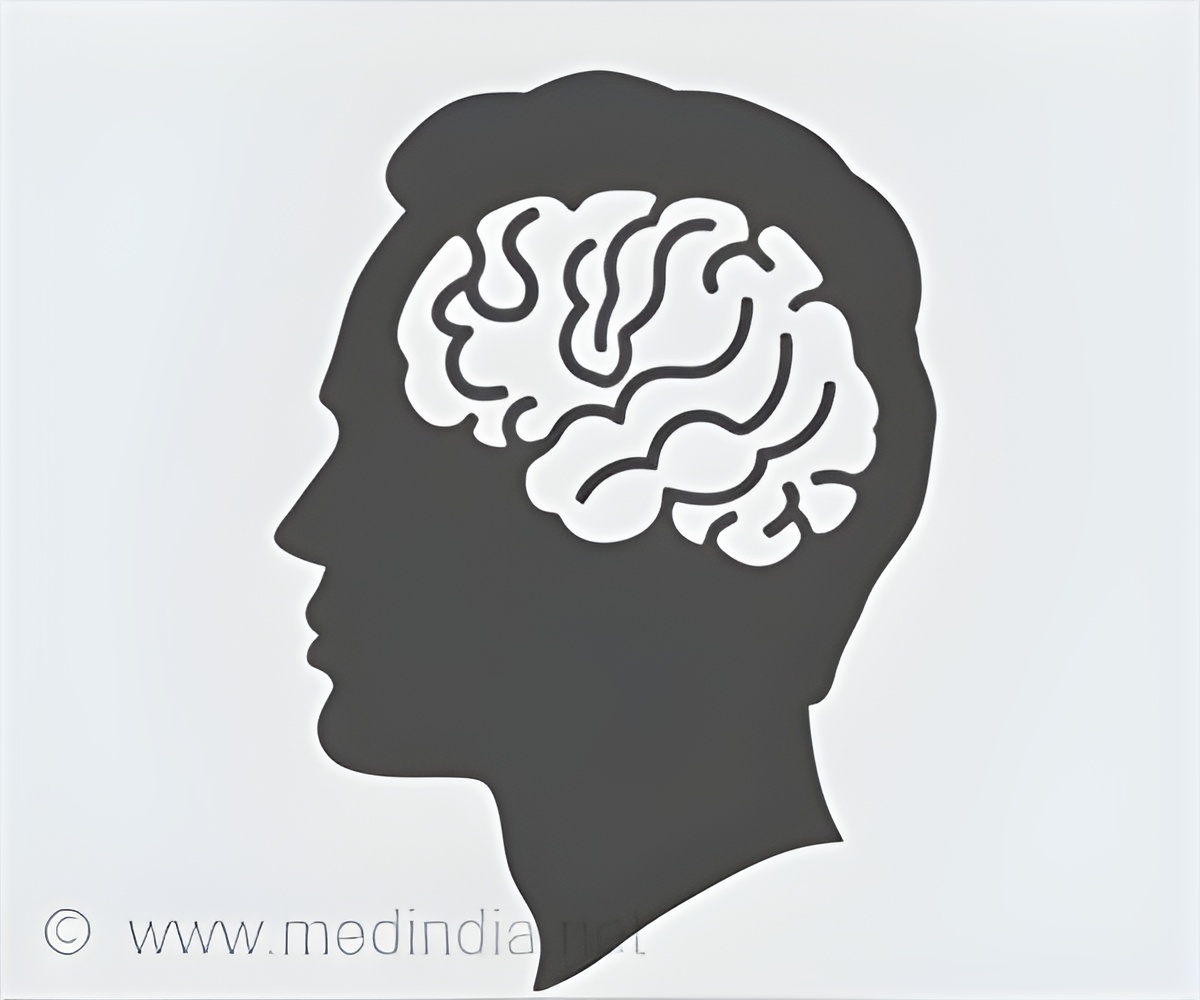Altered white matter in the brain may restrict the brain's conscious access to information, potentially contributing to delusions and other psychotic symptoms.

‘Altered white matter can restrict the brain's conscious access to information and potentially contribute to delusions and other psychotic symptoms.’





Dysfunction in these tracts can explain the delusions characteristic of psychiatric disorders like bipolar disorder and schizophrenia.Berkovitch et al. used MRI to differentiate the white matter structure and consciousness threshold of healthy adults, schizophrenia patients, and bipolar disorder patients with and without psychotic symptoms.
The person's consciousness threshold corresponds to how long a visual stimulus must be displayed on a screen to be broadcasted across the brain and become conscious - the shorter it is, the better the conscious access. The Thresholds were significantly higher in patients with psychosis compared to those without psychosis.
Across all participants, lower thresholds correlated with greater white matter connectivity in long-distance tracts. These results suggest altered white matter connectivity does not induce psychosis directly but may affect the consciousness threshold.
Source-Medindia













